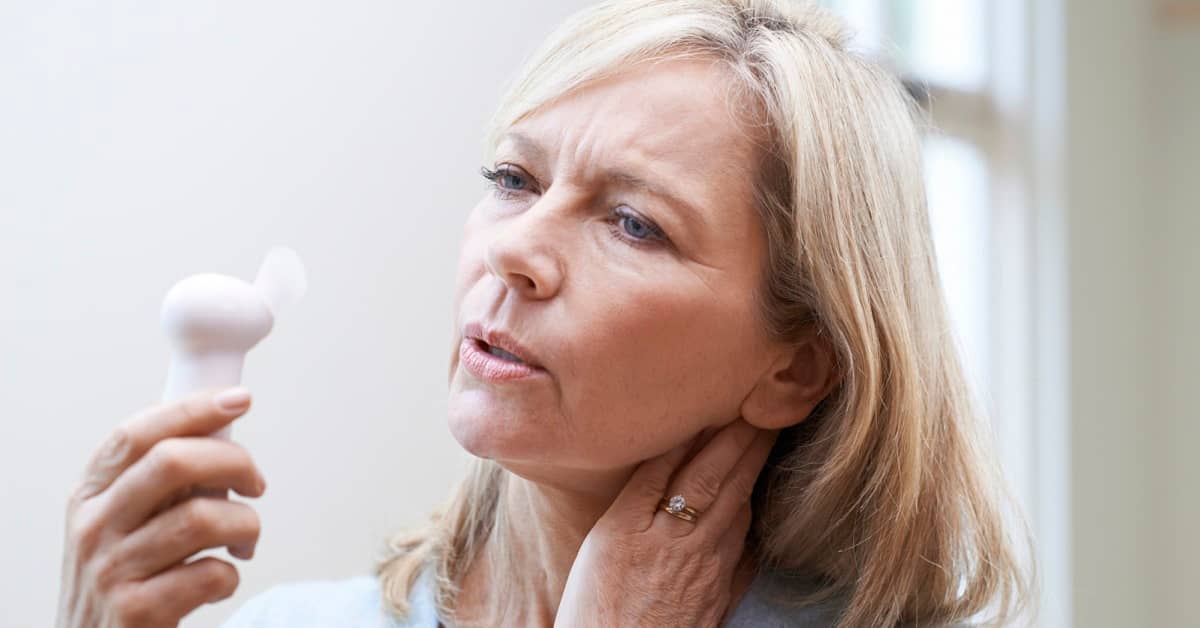
Brain Energy Plummets by 30 Percent
Eight years after the start of menopause, brain energy has fallen by 30 percent and amyloid plaques associated with Alzheimer's increase by 20 percent. None of these changes are seen in men of the same age. Dr. Mosconi also points out that if menopause comes early because of surgery to remove the uterus and/or ovaries, this event correlates with a higher risk of dementia. "Estrogen serves to protect the female brain from aging," she said, "and when levels decline, the brain becomes much more vulnerable to Alzheimer's."Preserves Brain Structure
Some research supports taking hormone replacement therapy (HRT) to protect against Alzheimer's. A major study was conducted by the Mayo Clinic in 2018. Lead author KejalKantarci summed up the findings saying, "We found that one form of menopausal hormone therapy taken soon after menopause may preserve brain structure in the portion of the brain responsible for memory and thinking skills. It may also reduce the development of amyloid plaques that can build up and lead to memory loss." Another looked at what is called the critical window theory; starting hormone therapy during perimenopause, the years leading up to the menopause. Lead researcher Carl Pintzka said the study showed "estrogen supplements can have a positive effect against dementia if women start early enough. "We also examined the shape of the hippocampus and found that areas where hormone therapy had the greatest effect are the same areas that are affected by Alzheimer's disease in its early stages." Remember that the hippocampus is widely cited as perhaps the brain’s most important memory center. But which kind of hormone replacement therapy is best?50 Types of HRT
The issue is complicated by the fact that there are different forms of estrogen (estradiol, estrone and estriol) with different effects on the body and brain, and these can be prescribed as tablets, patches or gels, each of which the body handles differently. Estrogen may also be combined with another hormone, progesterone. There are in fact more than 50 types of HRT available. What’s more, I strongly advocate that women choose bioidentical hormone therapy if they decide to try HRT. Traditional HRT as practiced by mainstream doctors relies on pharmaceutical products that are not identical to natural human hormones. It gets even more complicated. The best time to take HRT and for how long is still being debated. Likewise the question of whether women who sail through the menopause would benefit from taking any HRT at all. These are important considerations since taking HRT does have negative side effects. One of the negatives long associated with HRT is an increased risk of breast and ovarian cancer. Today, Roberta Diaz Brinton, the director of the Center for Innovation in Brain Science at the University of Arizona, is addressing this problem and attempting to develop an estrogen treatment that won't increase the risk of cancer. Alternative and integrative MDs say that bioidentical hormone treatment does not increase cancer risk. But that’s hotly disputed by mainstream doctors.Varying Opinions Among Experts
Some doctors are very positive about the use of HRT. Dr. Louise Newson, a menopause expert from the UK, is one of them. Dr. Newson explains, "We don’t know for sure that hormone replacement reduces dementia risk, but anecdotally it appears that way. We do know, however, that brain metabolism is better when you take hormones, and better blood flow to the brain also decreases risk. HRT isn’t everything. But it’s often a passport to a better brain in later life." Other experts are more cautious. Victor W. Henderson, a leading neuroscientist from Stanford, said the way hormones affect the brain is complex. "Estrogen might have one effect on Alzheimer's disease — an effect on amyloid for example — and there might be a different effect on cognitive aging," he said. "With respect to Alzheimer's disease risk in middle-age women, I don't think the estrogen question is fully settled." For women who prefer more natural approaches to supporting estrogen levels, Dr. Mosconi recommends any method that works for you to counter chronic stress, as this suppresses estrogen. Also important, she suggests, is regular exercise, sound sleep and a Mediterranean style diet, which is rich in foods that contain phytoestrogens – plant compounds that act like mild estrogens in the body.- www.ted.com/talks/lisa_mosconi_how_menopause_affects_the_brain?language=en#t-293739
- https://www.mdmag.com/medical-news/menopausal-hormone-therapy-may-benefit-the-brain
- https://www.sciencedaily.com/releases/2016/01/160122083802.htm
- https://www.telegraph.co.uk/health-fitness/mind/link-menopause-alzheimers-isnt-bad-news- midlife-women/
- https://journals.lww.com/neurotodayonline/blog/breakingnews/pages/post.aspx?PostID=713
